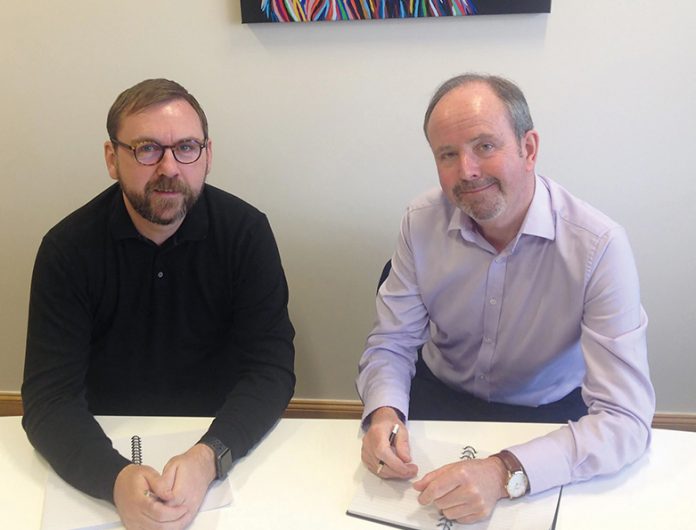When Jim Loy met with Michael Carlin for the first time, he noticed some things that were holding Michael and GM Civil and Structural back.
The day-to-day operations were frantic, the desire to satisfy clients was paramount and Michael was working significant hours to ensure that the company were completing the required work. Michael’s commitment to the running of the business was preventing him from viewing the business more strategically. Long hours, no holidays and intense workloads were part and parcel of Michael’s working life.
Jim asked Michael a simple question – did he really have a business?
Michael realised that he wasn’t sure and Jim noted that Michael was falling into the trap of spending all his time working FOR his business, rather than ON his business. Michael realised that he was at a point where he had to decide whether he truly wanted to grow his business or not. He is a perfectionist by nature, but in order to make progress he had to take a slightly less hands-on approach.
Looking back on the process, Michael realised that joining the Business Mentoring programme was key to the future path of the business and that Jim’s independent perspective and open mind were helpful. He was forced to answer questions about how the business could expand or if he and his partner were content to just continue as they were.
Through their meetings Michael learned that for the business to develop he had to look at the bigger picture. Also, the business wasn’t receiving payments from clients swiftly enough, because neither Michael nor his partner had time to chase them up. Jim was able to suggest simple steps, such as employing someone with a remit to chase up clients who were slow in paying. This eased cashflow concerns and allowed Michael to think 3 or 4 months ahead and make more strategic decisions.
Jim also suggested taking a different approach to analysing the roles of people within the business. Jim had attended a seminar on psychometric testing and discovered that including aspects of it into his business operations had allowed for a better understanding of key personnel and their skills.
When he initially got involved in the programme he decided to meet with Jim because he thought he could make contacts due to the close relationships between the two sectors. In retrospect however that was not the real value he got from the programme.
Michael highlights that potential mentees should be entirely open to having a mentor from a different sector entirely, as the benefit doesn’t come from knowledge of an industry, but from business experience. Jim says of mentoring that the role of mentors is to harness the knowledge of industry experts and to aid them in developing that in a business sense – Michael didn’t need his help from an engineering point of view, he needed help from the business side.
Jim and Michael were both full of praise for mentoring as a concept and the Scottish Business Mentoring programme. Jim says that if he was still in business “even after forty years, I’d take the opportunity to be mentored!”. He thinks that the one-year duration is perfect to make a mark, and both agree that it’s important for mentees to be invested from the get-go. Michael said that in retrospect he should’ve committed sooner to make the most of Jim’s knowledge and experience – and he wishes Jim was still mentoring him now!







